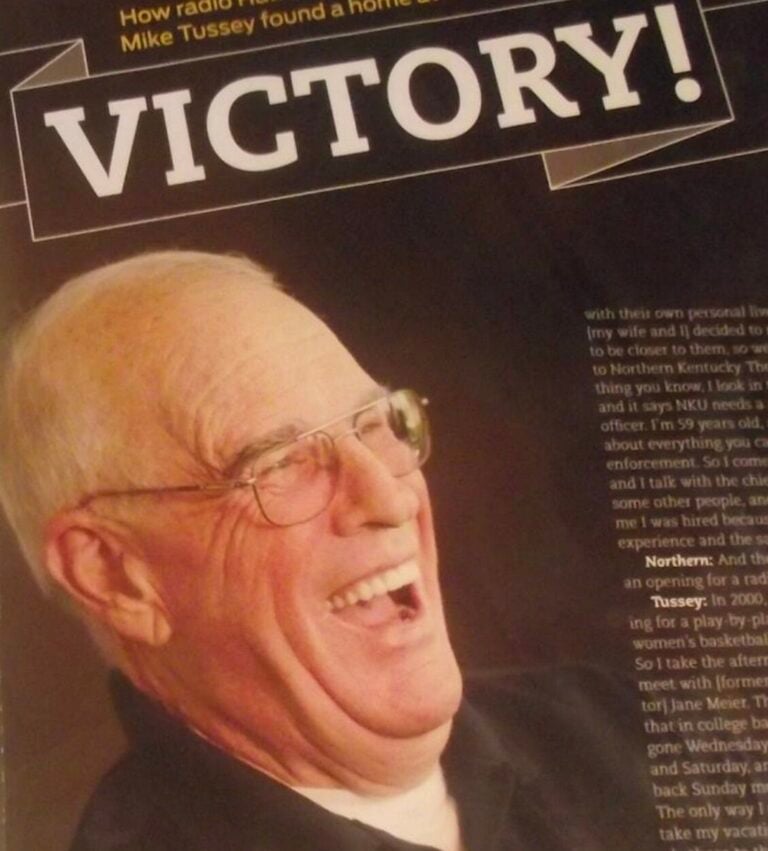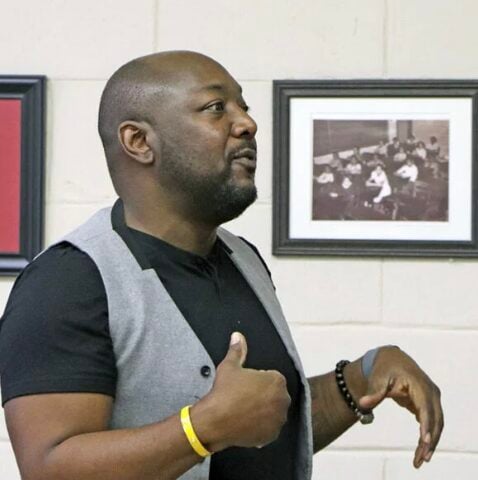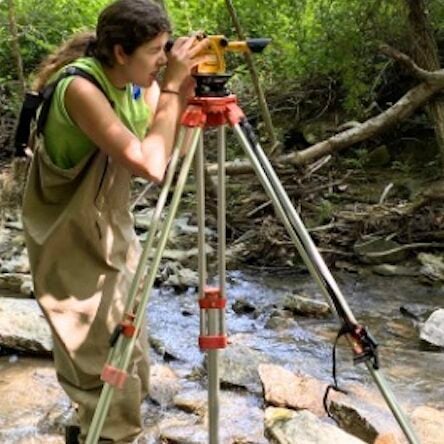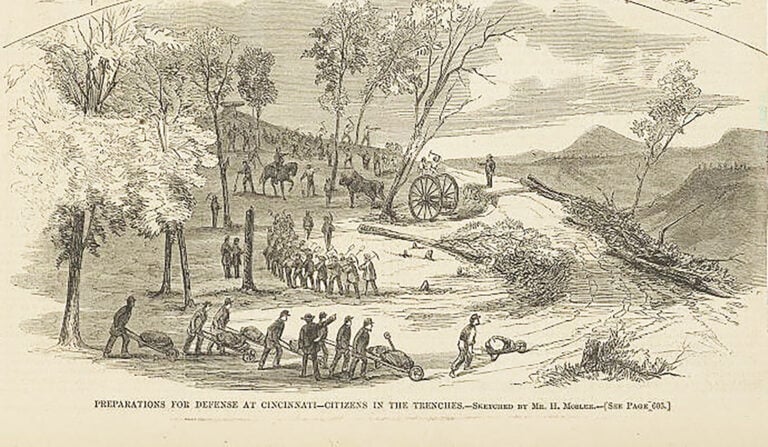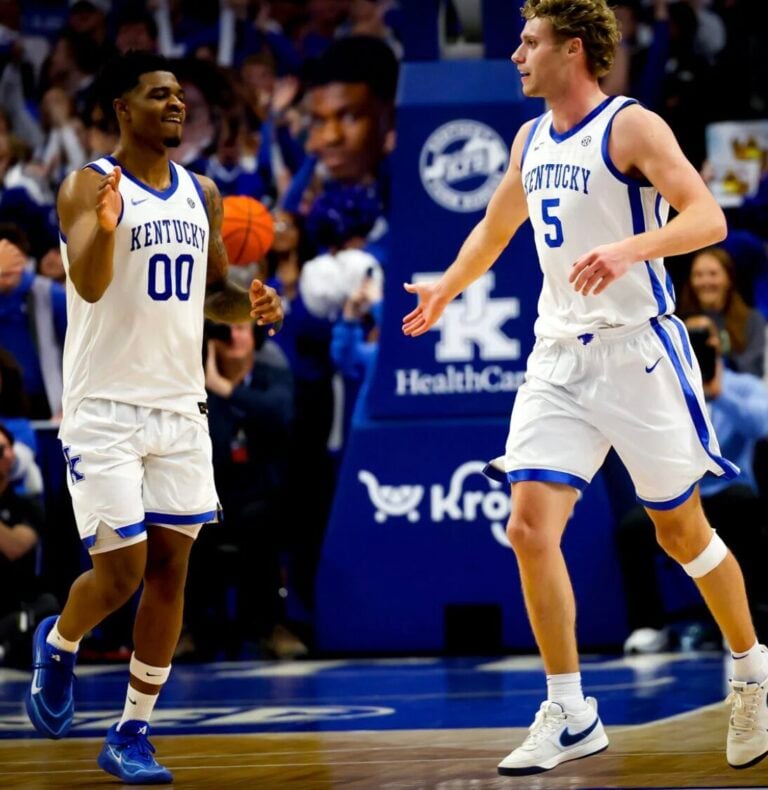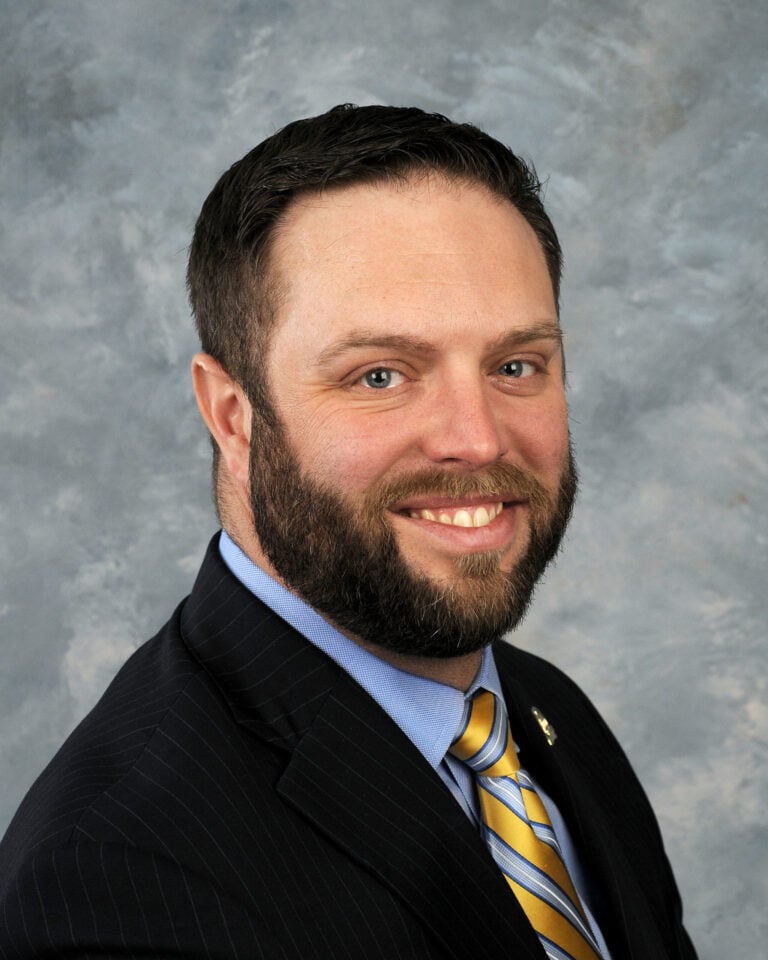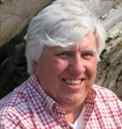WASHINGTON – Characterizing the 2016 Republican presidential primary as an ungainly mess, albeit at this early stage, is probably being too charitable, but the ongoing mayhem of a new hopeful entering the race every other day doesn’t seem to be adversely affecting the campaign of Sen. Rand Paul.
Paul, the one-time Tea Party darling from Bowling Green, is embroiled in what could result in the most fascinating showdown since 1972 when Sen. George McGovern, of South Dakota, captured the Democratic banner from a field that included former Vice President Hubert Humphrey, Sen. Edmund Muskie, of Maine, who ran for vice president in 1968, Alabama Gov. George Corley Wallace, a states’ rights advocate who barely survived an assassination attempt and hawkish Sen. Henry “Scoop’’ Jackson of Washington.
The big difference is that all of those seeking the Democratic nomination in ’72 were known quantities who had been on the political scene for years – and that included Rep. Shirley Chisholm, of New York, the first African-American woman to enter a presidential primary. With few exceptions, no one in this year’s GOP field has been around long enough to leave an impression in the minds of the American public, including Paul who has held elected office for less than six years.
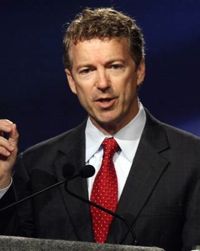
Somehow, the candidate who eventually grabs the nomination will have to find a way to distinguish himself – or, in the case of businesswoman Carly Fiorina, herself – from the pack, which won’t be easy since there is a general consensus among the contenders on most of the pending issues important to Republican voters, ranging from Obamacare (they hate it) same-sex marriage (they’re against it) taxes and spending (lower and less) and global climate change (what global climate change?).
The job of separating from the pack is rendered even more difficult by the immense size of the field. Real Clear Politics shows 14 legitimate candidates showing up in GOP polling and that doesn’t even include pretenders like former New York Gov. George Pataki, former Maryland Gov. Bob Ehrlich and former Virginia Gov. Jim Gilmore, who apparently have excess time on their hands and believe the republic can’t survive without their wise counsel.
Several candidates showing at least some support, like Dr. Ben Carson and Fiorina, have never held public office. Former two-term Florida Gov. Jeb Bush, that last name may sound familiar, appears to hold a slight edge at this extremely early stage because he is the best know, is among the most experienced and, let’s not forget, has all the money in the world.
But, like many of the other contenders, Bush has been stumbling around like a 350 pound offensive tackle performing Swan Lake. His most recent faux pas involves Iraq and whether it was a good idea for his brother, former President George W. Bush, to invade the place and then stick around long after the sell-by date. People are still trying to parse that answer.
The flavor of the month appears to be Wisconsin Gov. Scott Walker, who appears to fill a lot of GOP fantasies by a) ambushing organized labor and b) having all the charisma of a turnip. Like Bush, Walker has stumbled answering questions involving issues outside U.S. borders but, like Bush, he’s liable to stick around to the bitter end because Koch Brothers money will enable him to do so.
Which brings us around to Paul, who, it should be said, is probably the most unique character in the GOP field, the one most likely to stray from party orthodoxy, especially on issues like national security and foreign affairs. He is bitterly opposed to extending the Patriot Act for another five years despite the desires of his Kentucky colleague, Senate Republican Leader Mitch McConnell. And he is the leading congressional voice opposed to National Security Agency surveillance and bulk data collection practices.
Paul has strayed so far outside GOP boundaries that Sen. John McCain, R-AZ, the party’s 2008 presidential nominee, said during an appearance on a Fox News program that he is “the worst possible candidate of the 20 or so that are running on the most important issue, which is national security.’’
“The record is very clear that he simply does not have an understanding about the needs and the threats of United States national security,’’ McCain said.
Paul also is clearing a somewhat different path on domestic issues from his brethren, although he is not quite the libertarian he is touted to be. He wants to end the so-called War on Drugs (we lost that one, too, by the way) and expand voting rights to some ex-cons as part of a proposed reform of the justice system.
Like his rivals, Paul opposes abortion and same-sex marriage, although he doesn’t intend to make those issues the centerpiece of his campaign like a whole handful of contenders ranging from former Arkansas Gov. Mike Huckabee to former Pennsylvania Sen. Rick Santorum to Louisiana Gov. Bobby Jindal. Asked specifically about abortion during a recent appearance in Philadelphia, he said, “I didn’t run for office because of this issue. It wasn’t what got me to leave my (ophthalmology) practice.”
So Paul appears capable of separating himself from the field, something the others have failed to do, which should work at least incrementally to his advantage. A May 19 survey published by the Pew Research Center seems to back that up. Paul is viewed favorably by 52 percent of GOP voters questioned, behind only Huckabee at 54 percent and tied with Bush. They are followed by Sen. Marco Rubio, R-FL, at 51 percent and Walker at 46 percent.
Paul has an edge over Bush in other areas. He is viewed unfavorably by 24 percent, which easily bests Bush at 35 percent. Among conservatives, who constitute a majority of GOP primary voters, Paul is judged favorably by 58 percent of those questioned, compared to 54 percent for Bush.
All of which places Paul in good position in the upper echelon of Republican presidential contenders despite some grumbling among party regulars that he doesn’t stand a chance, especially since he is viewed as weak on defense, a status that will become apparent as the campaign progresses.
Yet, at this point, the numbers don’t lie.
Paul, however, may operate under one distinct disadvantage. As noted, the number of candidates is liable to exceed 15 by the time the Iowa caucuses roll around on Feb. 1, 2016. He could win there, Bush and others are talking about sitting it out, although Walker could mount a challenge since he hails from a neighboring state.
Some will drop out along the way – former Texas Gov. Rick Perry is a prime choice to lead that parade — but the sheer number of legitimate contenders raises the specter of a brokered GOP convention, something that hasn’t happened since 1948 when New York Gov. Thomas Dewey outlasted Sen. Robert Taft, R-OH, former Minnesota Gov. Harold Stassen and others to gain the nomination on the third ballot.
Should Paul fail to enter the Republican convention in Cleveland without enough delegates to wrap up the nomination on the first ballot his chances drop precipitously. The convention generally is populated by party regulars – no surprise there – and five will get you 10 that they’ll be emphasizing the word “standard’’ in selecting a standard bearer, a characterization that even Paul must admit doesn’t fit his style.
Washington correspondent Bill Straub served 11 years as the Frankfort Bureau chief for The Kentucky Post. He also is the former White House/political correspondent for Scripps Howard News Service. He currently resides in Silver Spring, Maryland, and writes frequently about the federal government and politics. Email him at williamgstraub@gmail.com.
To read more from Bill Straub, click here.











